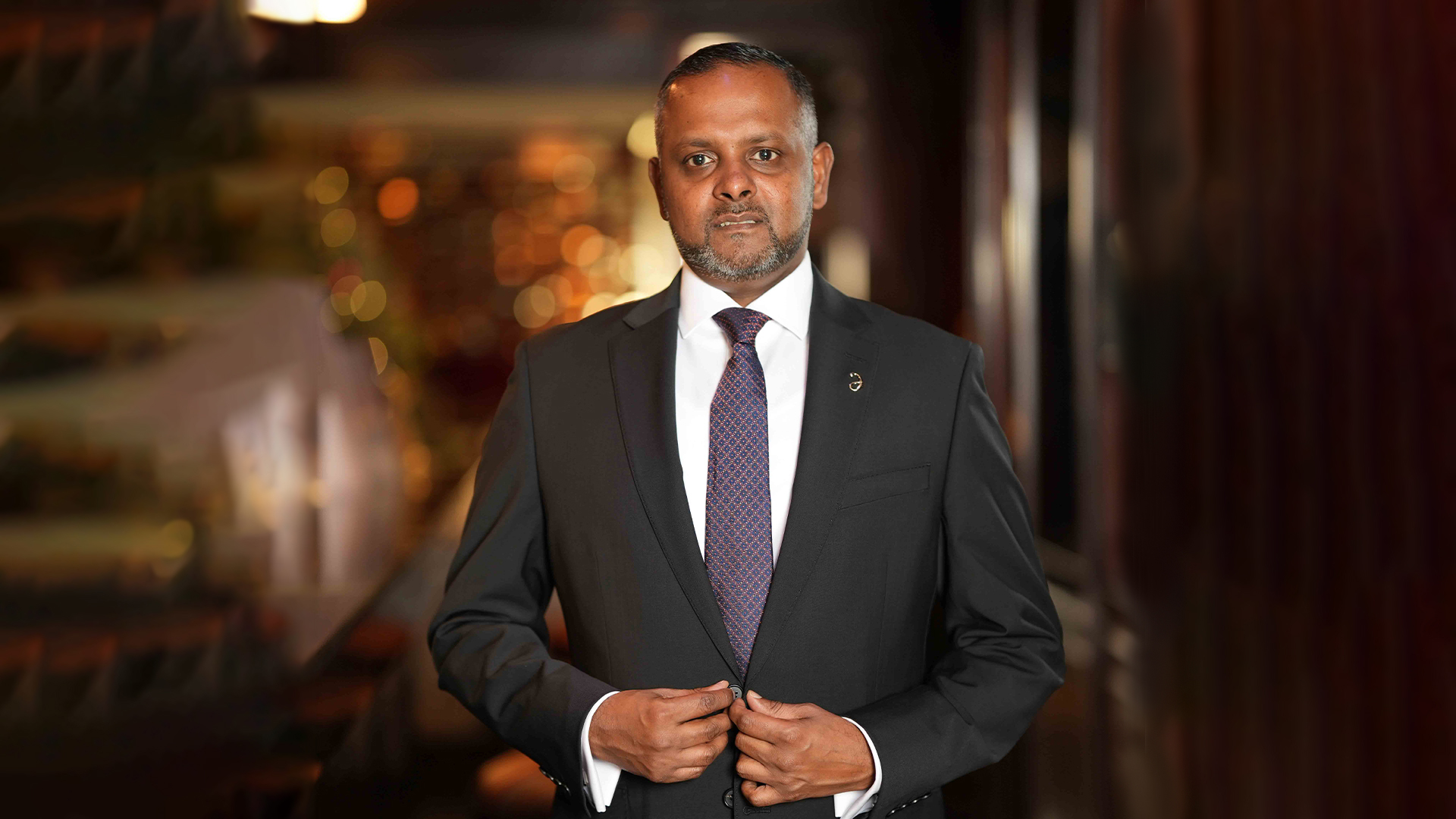Independent restaurant operators, as well as grocery businesses, may be doomed. This is the conclusion of a rising chorus of analysts who have been closely following the emergence of a new and powerful trend: cloud kitchens, or fully equipped shared facilities for restaurant operators, the majority of which are quick-serve businesses.
While some of us take a considerable while in our lives to decide on a career path that we want to be successful in, Fathhi Mohamed; Co-founder of DishServe, was among the rare few that knew what they wanted to become all along. Led by his passion for business through incredible and monumental experiences, DishServe was founded in September 2020 in this framework. The company works with food and beverage brands that typically have one to five retail locations and want to expand their delivery capabilities without opening new stores. Cloud kitchen firms who leverage DishServe’s kitchen network for last-mile distribution to increase their delivery coverage and catering services are among DishServe’s clients.
Fathhi’s journey towards the top of the business chain began soon after he did his A/Ls. That failed first attempt at launching his own business marked a significant milestone of lessons and experiences, which later led him to where he is now. However, he did not stop there; he got involved in anything.lk (later known as wow.lk). At anything.lk he learns a vital lesson of leap-frog opportunities in these developing markets and hyper-localising global phenomena. Then he co-founded the well-known PickMe, the country’s largest taxi-hailing company, which significantly impacted the people and the country’s economy.
From his early days, he wanted to build a company that could go global. By the time PickMe became the largest player in the local market, all the other foreign markets were saturated and taken over by other more prominent players. This made Fathhi realise the importance of catching a wave towards global phenomena,
To impact the global stages with his genius, he then got involved in co-founding YOHO, which was a crippled effort given the Easter bombings and the pandemic effect. However, the hibernation of YOHO did not leave Fathhi with anything. “Pandemic rationalised the importance of innovation in agritech and food tech,” he says, mentioning that before YOHO hibernated, several experiments with food were tried out, exposing him to the food technology. With this newfound information, Fathhi joined a friend’s brainstorming session on a last-mile food operation. He proceeded to build a startup called DishServe, a distributed cloud kitchen network, co-founding the business in Indonesia with an intention to expand it throughout the South East Asian region.
While Rishabh, Stefanie and Vinav were in New York, Indonesia and Mumbai respectively, the team started the venture via a zoom call. Though the four co-founders are yet to meet in person, Fathhi fondly mentions that the venture’s success is thanks to being able to identify each other’s strengths and weaknesses, and working corporately. Additionally, the prior experience all of them have had in co-founding companies, allowed an upper hand of expertise and knowledge. As a result, DishServe was indeed an operation-heavy startup.
According to Fathhi, a startup requires more time and energy than any other business. This timeless run has less off-time in their hustle to make a name for themselves. He believes that complete commitment is required for a startup to succeed, which he has generously given to any of his ventures. Due to the unique nature of the DishServe business, he has had to work extra to educate himself on the specific skills, knowledge, and curiosity to become a worthwhile player in the industry. The protagonist is now the Chief Technology Officer at DishServe and has a tech team running under him within the local boundaries.
Looking back at the past year, Fathhi recognizes the effort the DishServe team has put through to be a startup within a pandemic and survive through unexpected challenges that no industry giant saw coming, and many didn’t live past. Given the nature of the business, meeting stakeholders and constantly changing things to be on top of their game, makes the process even harder with the persistence of the pandemic and having to race against time. But, more importantly, Fathhi shares that their story has not been a walk in the park. The company has also suffered overstaffing, cash flow issues, and other problems that put them in tight situations, forcing them to make very uncomfortable decisions.
This hardworking man finds absolute joy in empowering others. While many others dread the difficult startup season, he enjoys the ‘zero to one’ stage, which he says can last from 3 to 5 years. According to him, this is the time frame that puts forth work worth 15 to 20 years. Everyone who works in this phase gains tons of knowledge and learns to brutally focus on important things that matters and come up with innovative solutions for complex problems. The way he sees it, this constant hustle makes better-empowered individuals.
“Every situation has opportunities,” Fathhi continues to voice, “As entrepreneurs, we should be conditioned to look at the opportunities and work towards them.” When one is new to the entrepreneurship field, he advises them to, “Cut down on procrastination. Do adequate research, don’t get too caught up in analyzing. Learn to trust your gut. Consistency and persistence are the keys to success. At the start, you don’t need to have answers to all your questions. You will find the answers on your way up.”
All in all, DishServe is disrupting the F&B industry by decentralising and allowing micro-entrepreneurs to act as a distribution network, rather than the highly concentrated, centralized food businesses that currently exists. Fathhi ends his account by expressing, “Now, in tech startups, ‘building tech’ comes as a last piece of the puzzle. Be human, do the right thing… success and fame will follow,” standing tall in his fame acquired by unwavering grit and consistency.

